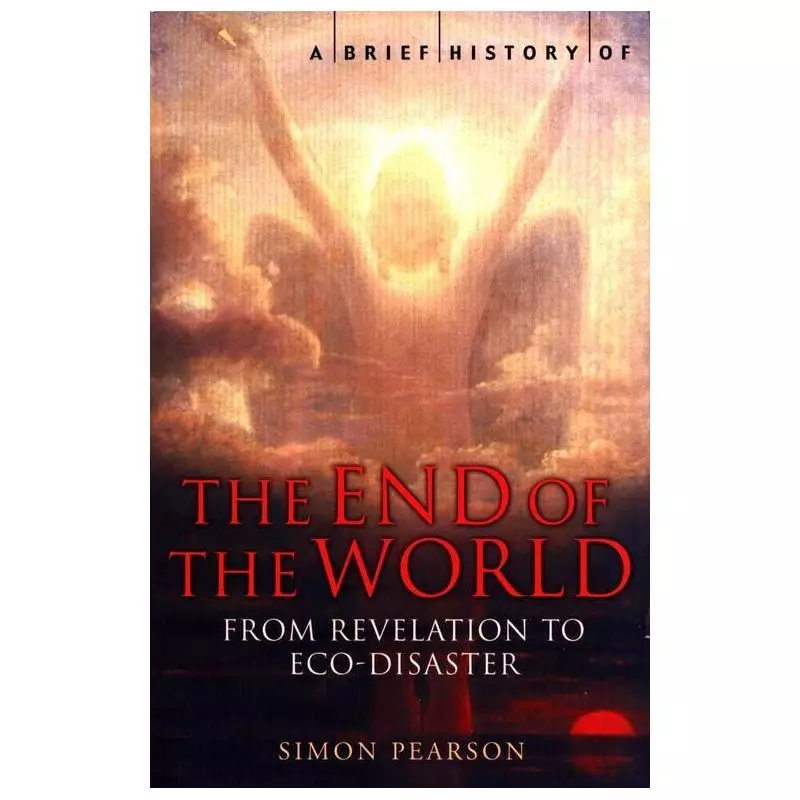
search
Udostępnij

Most people's concept of the 'end of the world' comes from the book of Revelation. Alternative apocalypses can be found in the Zoroastrianism of ancient Persia, in ancient Hindu scriptures and Norse myths. Today, there are an estimated 25 million Christian fundamentalists in the US who believe it will come with the 'Rapture'; others point to an ecological
Most people's concept of the 'end of the world' comes from the book of Revelation. Alternative apocalypses can be found in the Zoroastrianism of ancient Persia, in ancient Hindu scriptures and Norse myths. Today, there are an estimated 25 million Christian fundamentalists in the US who believe it will come with the 'Rapture'; others point to an ecological catastrophe, the AIDS pandemic or nuclear and biological warfare. What happens when, in the grip of apocalyptic prophesy, individuals and groups see themselves as the 'elect' and above conventional mores? As with the Ranters of the English Civil War, it can lead to comedy. But it can also lead to sinister extremism - the Nazis recast it as the Third Reich; latter-day doomsday cults such as the Waco Branch Davidians believed that they too were divinely elected - and could kill in the name of the coming apocalypse. The world today is in the grip of an apocalyptic struggle between the neo-Conservatives in America and a supposed global network of Islamic fundamentalists. For Bush, the war is a 'crusade', for Osama Bin Laden it is a jihad; for both, it is a struggle against absolute evil. From its Biblical beginnings to suicide bombers, via the Vikings, the French Revolution, the Pilgrim Fathers, Hitler's Apocalyptic rhetoric, asteroids and Hollywood, Pearson shows that as long as human beings seek to make sense of the world in which they live, endings will continue to have a future.

Niedostępny
Darmowa dostawa już od 100 zł
Zamów tel.: tel.: 508768309 (Kamila)
Pon. – Pt. 8:00 – 15:00





